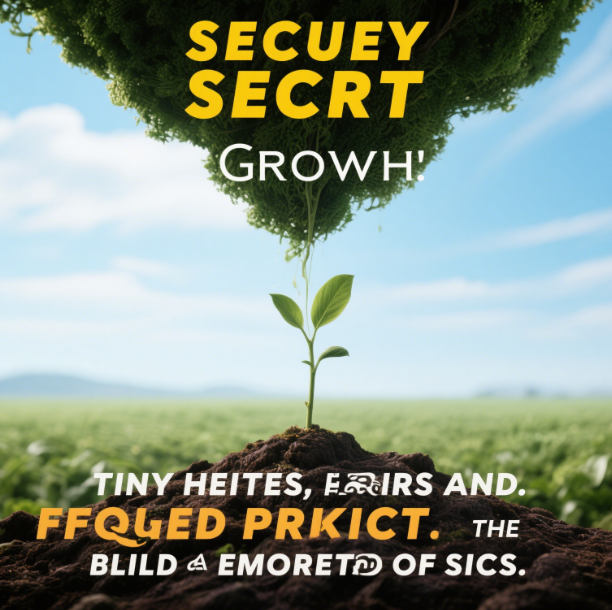In the grand tapestry of personal and professional development, we often search for grand, sweeping strategies to achieve our goals. But what if the key to lasting success lies not in monumental leaps but in the consistent repetition of small, deliberate actions? The compounding effect of tiny habits and focused practice is a silent yet powerful force, one that can transform our lives in ways we never imagined, much like how a gentle stream, over time, carves out a magnificent canyon.
Tiny habits are the building blocks of transformation. Unlike lofty resolutions that quickly fade away, these are minuscule actions that we can easily incorporate into our daily routines. It could be as simple as reading five pages of a book each morning, doing ten minutes of stretching after waking up, or spending five minutes jotting down gratitude notes before bed. Individually, these actions might seem insignificant, but when performed consistently, they create a ripple effect.
Think of it as an investment. Just as a small amount of money, when invested regularly and allowed to compound, can grow into a substantial sum over time, these tiny habits accumulate and multiply their impact. Each day, as we repeat these habits, we are not only reinforcing the behavior but also gradually altering our mindset and identity. For example, the habit of reading a few pages daily doesn’t just increase our knowledge incrementally; it also starts to shape us into someone who values learning, making it easier to pick up more challenging reading material or engage in intellectual discussions as time goes on.
Paired with tiny habits, focused practice acts as the fuel that supercharges our growth. It’s not about mindlessly repeating an activity; it’s about zeroing in on specific areas of improvement, setting clear goals, and deliberately working on enhancing our skills. A musician doesn’t become a virtuoso by simply playing their instrument for hours on end. Instead, they focus on mastering difficult passages, perfecting their technique, and analyzing their performance to identify areas for refinement.
In my own journey, I’ve experienced firsthand the magic of this combination. I started with the tiny habit of writing for just 15 minutes each day. At first, it was a struggle to string together coherent thoughts, and the words flowed haltingly. But with each passing day, I was building the foundation of a writing routine. Alongside this, I engaged in focused practice. I studied the works of great writers, analyzed their sentence structures, and experimented with different writing styles. I set specific goals, like improving my ability to create vivid descriptions or crafting more engaging introductions.
Over time, the compounding effect became evident. What began as a short, daily writing session evolved into a passion project, then a blog, and eventually, opportunities to contribute to larger publications. The tiny habit had instilled discipline and consistency, while the focused practice had honed my skills to a level I could have never achieved through random, unfocused writing attempts.
The beauty of the compounding effect of tiny habits and focused practice is that it applies to every aspect of our lives. Whether we aim to get fit, learn a new language, or advance in our careers, these principles hold true. It’s a slow and steady process, often filled with plateaus and setbacks. But just like the growth rings of a tree, each day of consistent effort adds to our strength and resilience.
In a world that often glorifies instant success, it’s easy to overlook the power of these small, consistent actions. However, those who understand and embrace the compounding effect of tiny habits and focused practice are the ones who build lasting success. It’s a journey of patience, perseverance, and faith in the process, but the rewards—a life rich with growth, achievement, and fulfillment—are well worth the effort.




